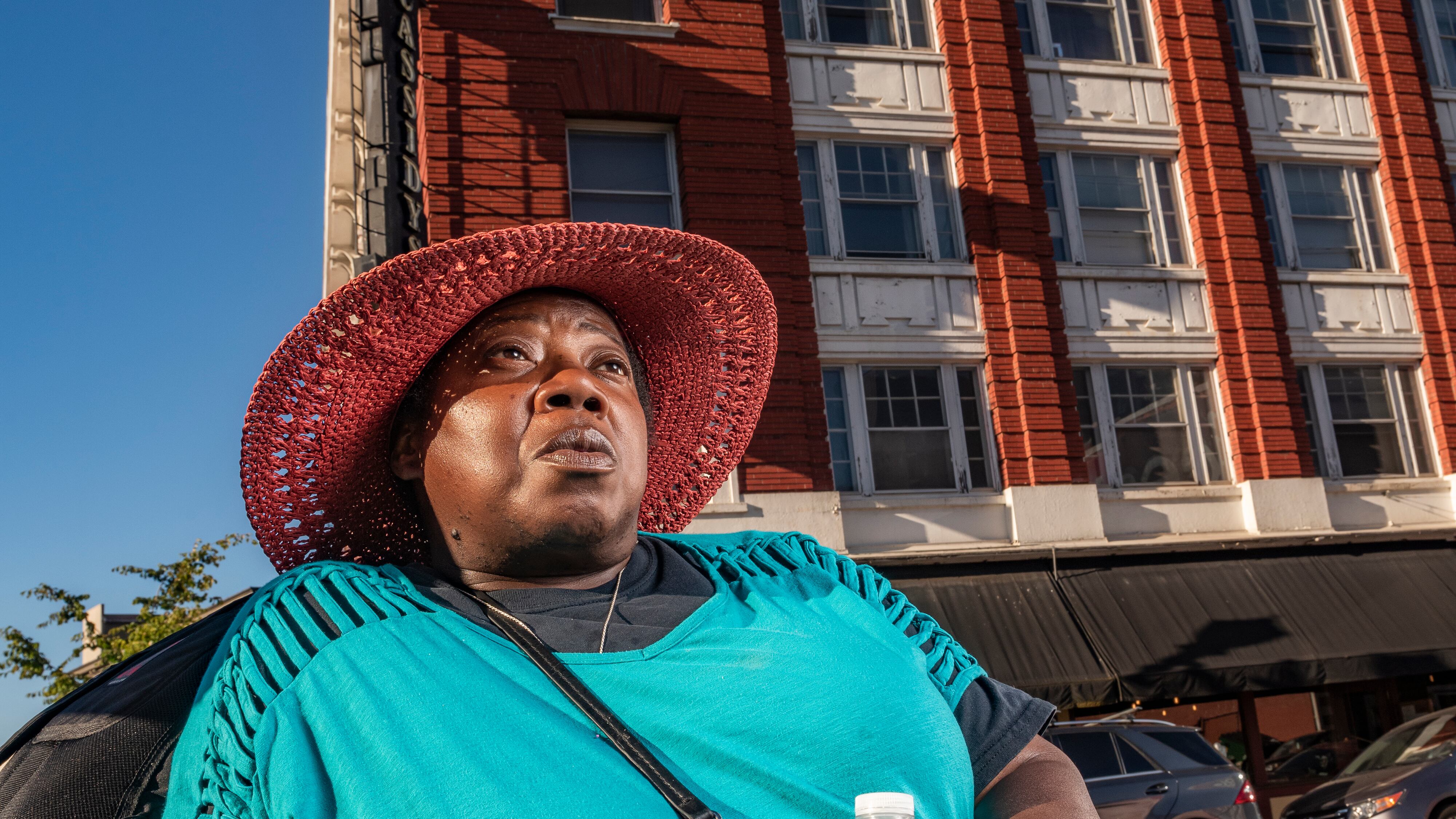Almost two years after the nonprofit owner of a low-income apartment building for disabled seniors shuttered the doors, scattering 80 seniors across the state, the nonprofit will seek to sell the Southwest Portland building.
The Taft Home shuttered in the winter of 2021 after its operator received notice from state regulators of years’ worth of violations related to safety protocols, building upkeep, and care for medically fragile seniors. WW traced the saga of the closure in a July 2022 cover story.
The brick building, which sits atop Cassidy’s Restaurant and Bar on West Burnside Street, has remained uninhabited for almost two years as the homelessness crisis on Portland’s streets worsened and as state and regional elected officials made campaign promises of increasing the city’s stock of affordable housing. Meanwhile, a former resident of the Taft Home named Josephine Allen often lived in a tent across the street from the building. (Allen, after cycling in and out of temporary homes and shelters, is once again living across from the Taft.)
The nonprofit owner of the building, Reach Community Development Corporation, says it will try to sell the building after two years of sitting on it.
“We have concluded that it is not financially feasible to renovate the property for affordable apartment use, with a potential cost of tens of millions of dollars, and such a renovation may not be possible given historic landmark restrictions,” Reach spokeswoman Lauren Schmidt says. “We do not see a path to redevelop this property as affordable housing in any reasonable time frame. We are now exploring sale of the Taft for redevelopment into other uses.”
As WW reported in 2022, the nonprofit that owns the building, the operator that ran it, and the city of Portland, which has some oversight authority over the building, failed to respond as regulators repeatedly dinged the operator for deficiencies. When the private operator of the facility decided to shut it down rather than remediate issues the state mandated be rectified, Reach CDC did not look for a new operator to run the facility.
